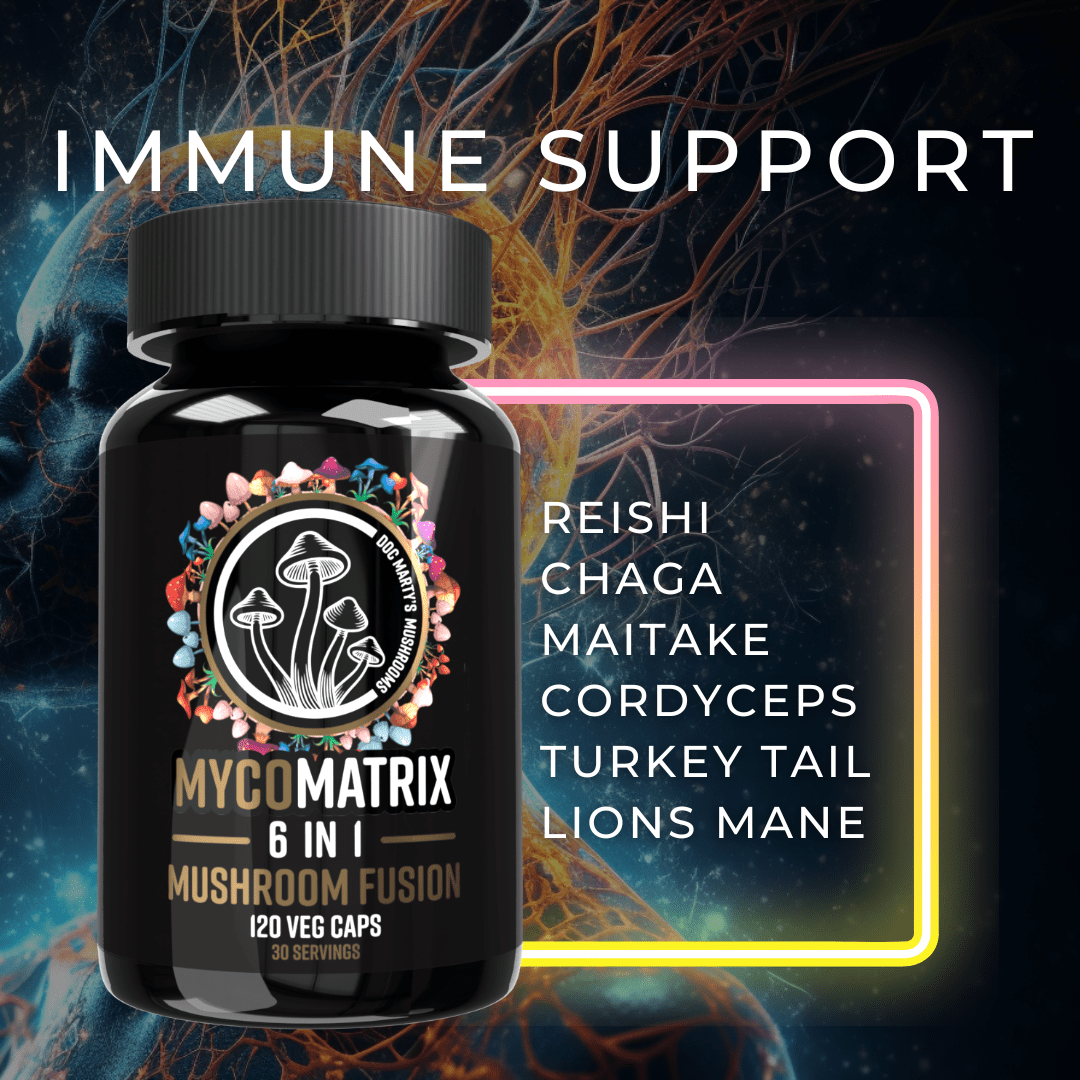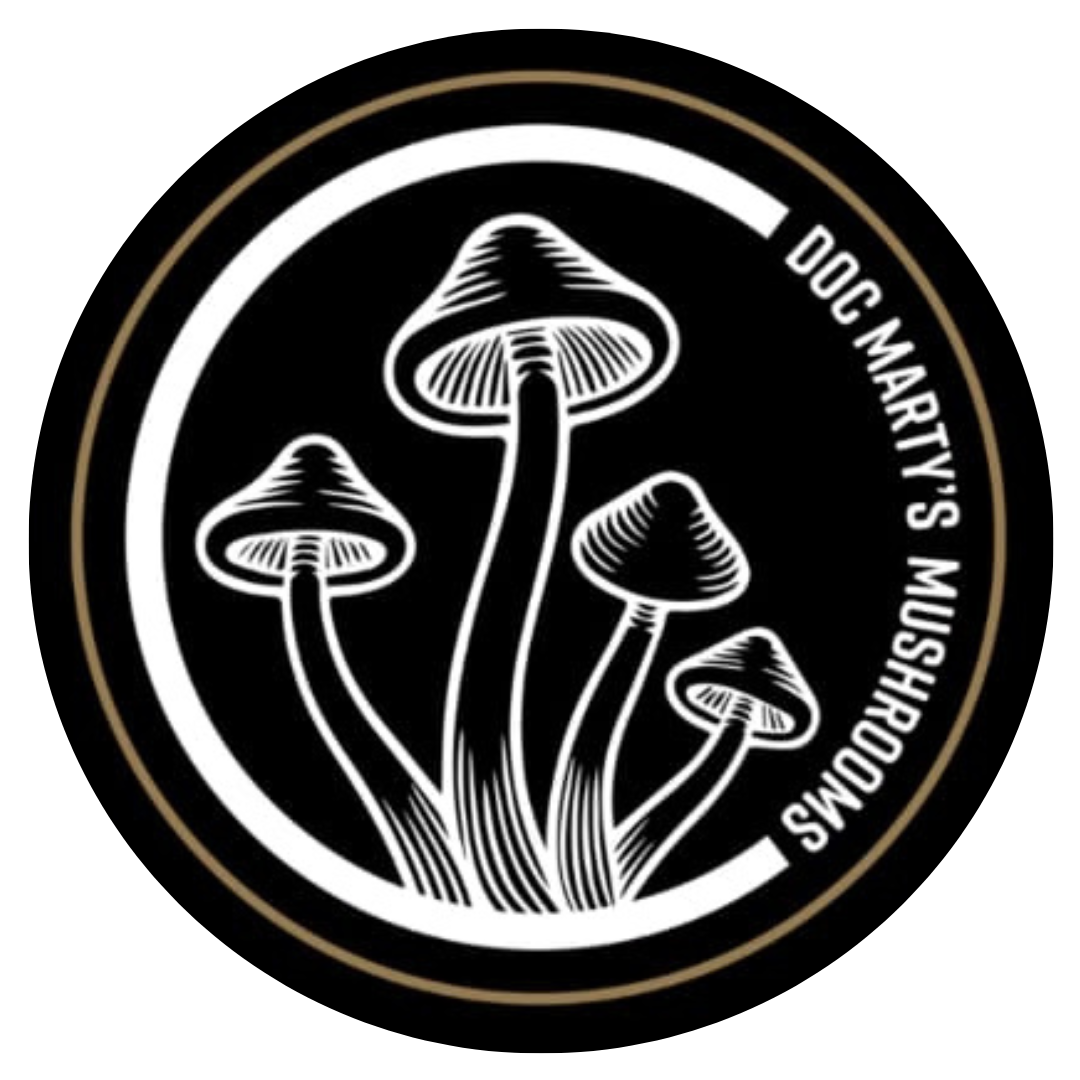
In the realm of natural medicine, the use of medicinal mushrooms has gained significant attention for their potential health benefits. For centuries, various cultures across the globe have harnessed the healing properties of these fungi to support overall well-being. Today, researchers are delving into the realm of medicinal mushrooms, exploring their potential role in aiding chemotherapy treatments and cancer prevention. In this article, we will uncover the remarkable benefits of medicinal mushrooms, shedding light on their potential as complementary therapies during chemotherapy and as preventive measures against cancer.
The Powerhouses of Immune Support
Medicinal mushrooms are revered for their immunomodulatory properties, meaning they can help regulate and enhance the immune system. One of the most prominent mushrooms in this regard is the Reishi mushroom (Ganoderma lucidum). Reishi contains bioactive compounds such as polysaccharides, triterpenes, and antioxidants that have been shown to bolster immune function. During chemotherapy, when the immune system is often compromised, incorporating Reishi or other immune-boosting mushrooms into the regimen may provide much-needed support.
Enhancing Chemotherapy Efficacy
While medicinal mushrooms should never replace conventional cancer treatments, there is growing evidence suggesting that they may enhance the efficacy of chemotherapy and reduce its side effects. For instance, Turkey Tail mushroom (Trametes versicolor) has been extensively studied for its potential to augment the effects of chemotherapy drugs. It contains polysaccharide-K (PSK), a compound that has demonstrated immune-enhancing properties and shown promise in improving the response to chemotherapy, particularly in breast and colorectal cancers.
Mitigating Chemotherapy Side Effects
Chemotherapy can often bring about a range of side effects, including fatigue, nausea, and a weakened immune system. Medicinal mushrooms may help alleviate some of these adverse effects, improving the overall quality of life during treatment. Cordyceps (Cordyceps sinensis), for example, has been shown to combat chemotherapy-induced fatigue and improve exercise performance. Lions Mane (Hericium erinaceus) mushroom exhibits neuroprotective properties, potentially aiding in the prevention of chemotherapy-induced cognitive impairment, also known as "chemo brain."
Cancer Prevention Potential
In addition to their potential role during chemotherapy, medicinal mushrooms have captured attention for their cancer prevention properties. Many varieties possess potent antioxidant and anti-inflammatory compounds that can combat oxidative stress and chronic inflammation, both of which are closely linked to cancer development. Shiitake mushroom (Lentinula edodes), for instance, contains lentinan, a compound with immune-boosting properties that may help reduce the risk of certain cancers, including colorectal and gastric cancers.
The Future of Medicinal Mushrooms in Oncology
While the research on medicinal mushrooms and their role in cancer treatment and prevention is still ongoing, the preliminary findings are promising. These remarkable fungi hold vast potential in supporting traditional cancer treatments by enhancing immune function, augmenting chemotherapy effectiveness, and mitigating its side effects. Moreover, their cancer prevention properties provide an avenue for incorporating these mushrooms into a proactive approach to overall health and wellness.
However, it is important to note that medicinal mushrooms should always be used under the guidance of healthcare professionals. They may interact with certain medications, and the dosage and selection of mushroom species should be tailored to the individual's unique circumstances and medical history.
